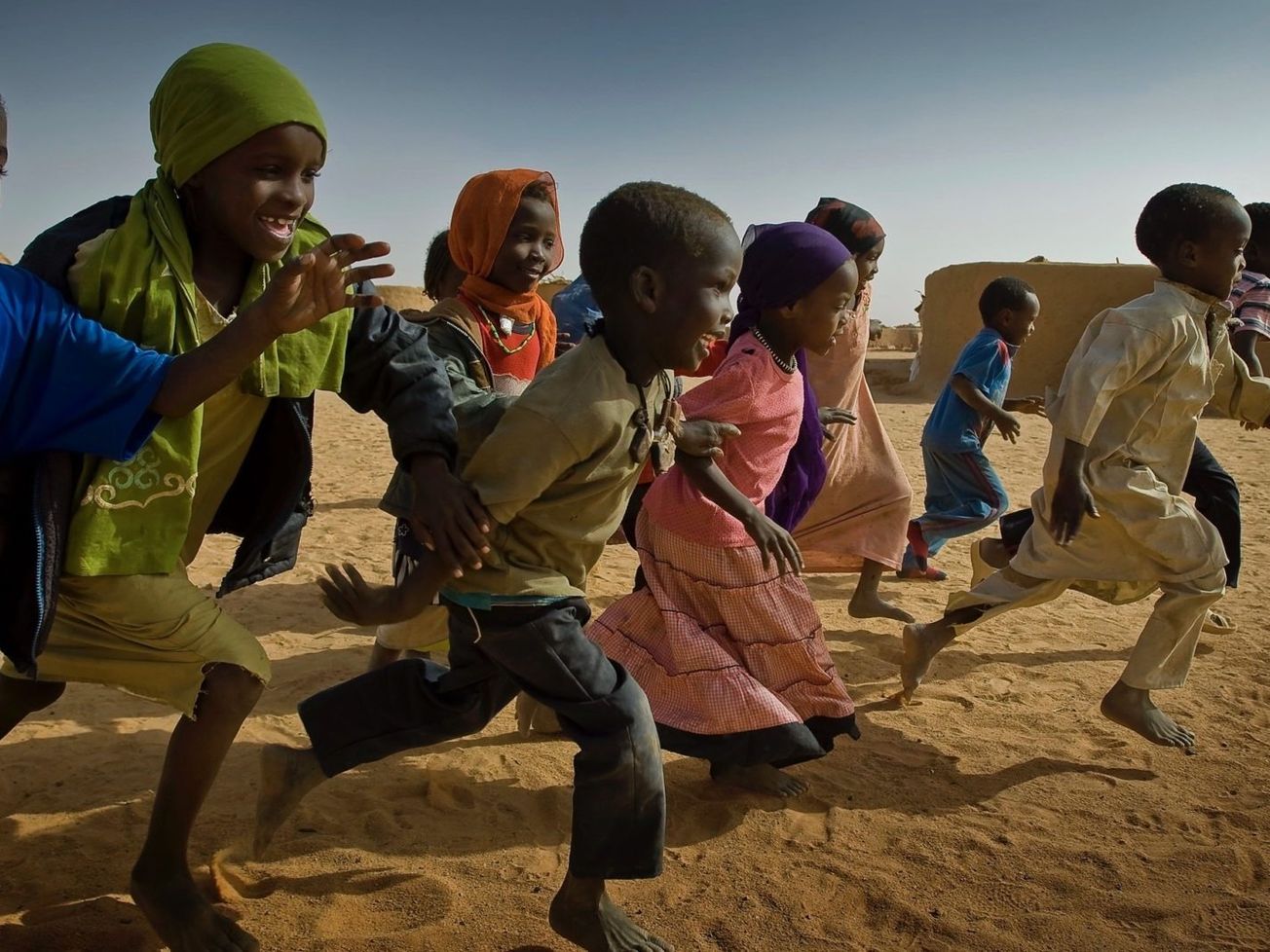GENEVA (AN) — Two U.N. agencies reported on Wednesday that children who grow up in countries least responsible for the world's overspent carbon budget suffer twice as many health problems as wealthier nations that pollute the most.
No single country is doing enough to protect children's health by safeguarding the environment, according to a peer-reviewed 54-page report in the Lancet scientific journal written by a commission of 40 child and adolescent health experts organized by the World Health Organization and UNICEF.







